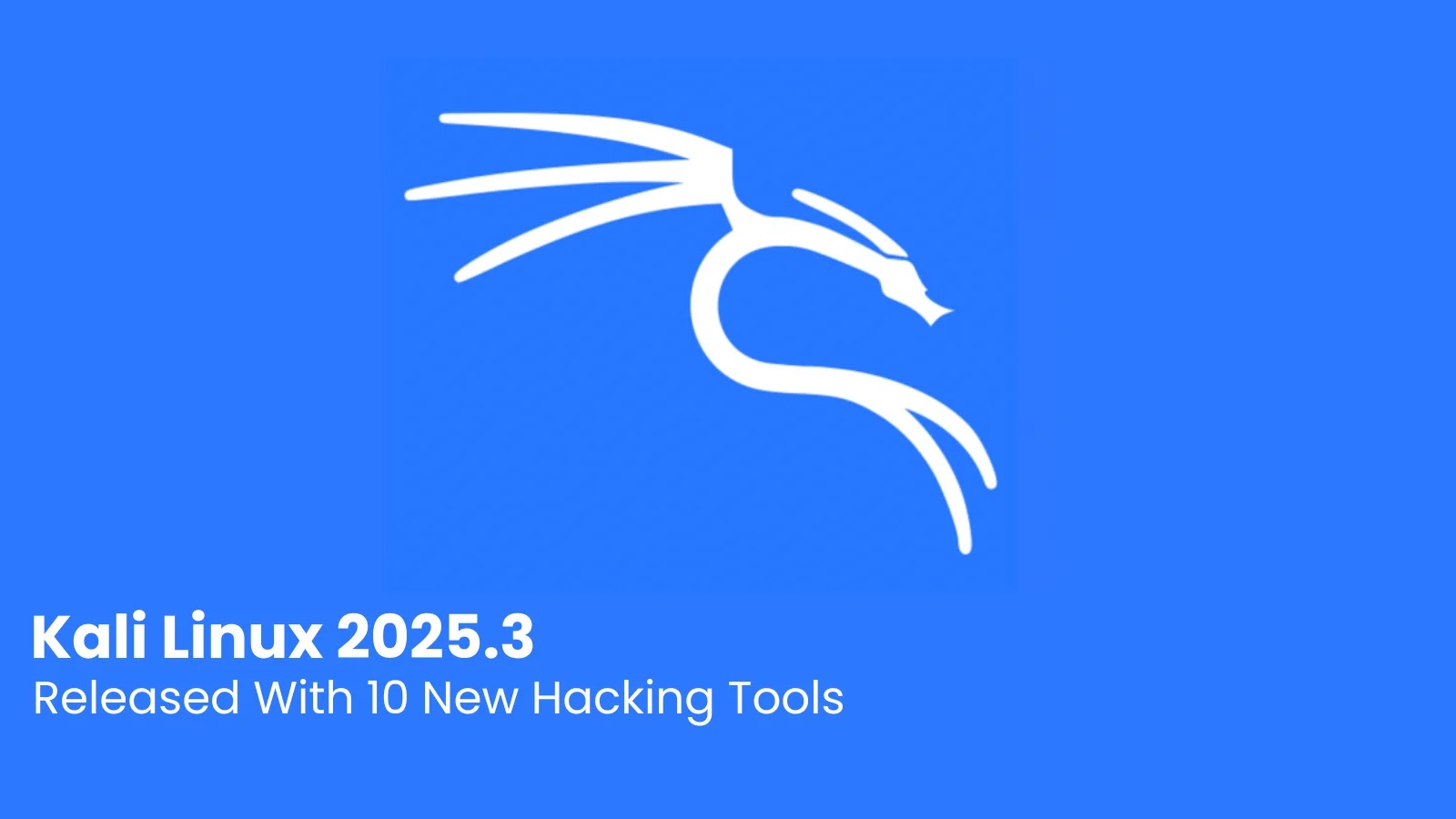
Kali Linux 2025.3 Released With New Features and 10 New Hacking Tools
Kali Linux 2025.3 Unveiled: Essential Updates for Penetration Testers
The perpetually evolving landscape of offensive security demands tools that are not only powerful but also consistently updated. Penetration testers and ethical hackers rely on distributions that provide the cutting edge in their arsenal. Consequently, the release of Kali Linux 2025.3 marks a significant event, bringing a fresh set of capabilities and crucial enhancements for security professionals. This third major update of the year from the Offensive Security team reiterates their commitment to arming the community with the most effective instruments for vulnerability assessment and exploitation.
What’s New in Kali Linux 2025.3?
Kali Linux 2025.3 isn’t just a routine update; it’s a comprehensive refresh. Beyond the usual underlying system improvements and package upgrades, this release specifically focuses on expanding the toolset, enhancing mobile capabilities, and optimizing for popular single-board computers. The core theme appears to be broadening accessibility and utility across various testing scenarios.
Introducing 10 New Hacking Tools
One of the most anticipated aspects of any Kali Linux release is the integration of new offensive security tools. Version 2025.3 doesn’t disappoint, adding ten new utilities to its already extensive collection. While specific tool names were not detailed in the source, this expansion signifies Kali’s continuous effort to incorporate emerging techniques and address new attack vectors. These additions are crucial for security analysts to keep pace with the latest threats and effectively identify vulnerabilities that might otherwise be overlooked.
Significant Enhancements to Kali NetHunter
Mobile penetration testing is an increasingly critical domain, and Kali NetHunter stands as the premier platform for this. Kali Linux 2025.3 brings significant updates to Kali NetHunter, its mobile penetration testing platform. These improvements likely include enhanced compatibility with a wider range of Android devices, improved performance for on-device attacks, and potentially new mobile-specific tools or kernels. For security professionals who need to conduct assessments on the go or leverage mobile device capabilities for social engineering and physical penetration testing, these NetHunter updates are invaluable.
Enhanced Wireless Capabilities for Raspberry Pi
The Raspberry Pi has become a staple in many security professionals’ toolkit due to its portability, low cost, and versatility. Recognizing this, Kali Linux 2025.3 includes enhanced wireless capabilities specifically for Raspberry Pi devices. This could involve improved driver support for external wireless adapters, better performance for wireless sniffing and injection attacks, or optimizations for specific Wi-Fi chipsets commonly used in Pi projects. These enhancements make the Raspberry Pi an even more potent platform for network auditing and wireless security assessments.
Conclusion
Kali Linux 2025.3 solidifies its position as the leading penetration testing distribution. With the introduction of 10 new hacking tools, substantial upgrades to Kali NetHunter, and optimized wireless functionality for Raspberry Pi, this release empowers security professionals with an even more robust and versatile arsenal. Staying updated with the latest Kali Linux version is not merely about access to new features; it’s about maintaining an effective defensive posture by understanding the newest offensive techniques and tools available to potential adversaries. Security teams and individual ethical hackers should prioritize upgrading to Kali Linux 2025.3 to leverage these critical advancements immediately.





